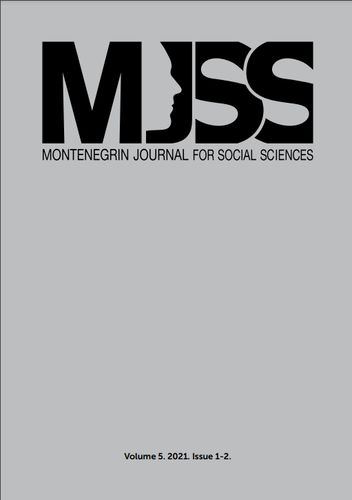THE BRITISH EMPIRES INTEGRATION OF PRECOLONIAL NIGERIA INTO THE BRITISH COLONIAL ECONOMY AND ITS CONSEQUENCES
THE BRITISH EMPIRES INTEGRATION OF PRECOLONIAL NIGERIA INTO THE BRITISH COLONIAL ECONOMY AND ITS CONSEQUENCES
Author(s): Olawale Olufemi Akinrinde, Abdullah Abdulazeez OsuwaSubject(s): National Economy
Published by: Centar za Geopolitiku
Keywords: Colonialism; Colonial Economic Policies; British; Nigeria; Africa
Summary/Abstract: A collection of disarticulated colonial economic legacies sits at the heart of Nigeria’s and Africa’s development crisis. The introduction of the cash crop economy to Nigeria, as well as other parts of Africa, came with the creation of British colonial rule. In Nigeria, there was the downplaying of the value of the indigenous economic system, which made each household dependent on others for food and other socio-economic necessities, in line with the British colonial policy of providing raw materials for the industrial needs of the metropolitan powers. Most clans and villages were gradually deprived of food supplies and thus introduced to acute hunger as a result of a deliberate policy of suppressing food crop cultivation in favor of the cultivation of cash crops required by British enterprises. Nigeria’s colonial territory served not only as a cheap source of raw materials to Britain and European states’ growing industrial needs, but also as a trading post for British and European traders and merchants. Under the cover of native authority, a small group of local individuals were exploited as agents for the destruction of the indigenous food crop economy and the zealous implementation of the new economic strategy, thus inflicting evil on their kinsmen. In light of this, the current state of the development crisis in Nigeria and other African countries have been linked back to the antecedents of pre-independence British colonial economic policy, amongst other colonial. Relying on desktop methodological review, this study concludes that Nigeria, and indeed Africa, needs a determined policy design to turn the colonial economic legacy into an internally oriented, sustainably produced economy.
Journal: Montenegrin Journal for Social Sciences
- Issue Year: 5/2021
- Issue No: 1-2
- Page Range: 99-110
- Page Count: 12
- Language: English

